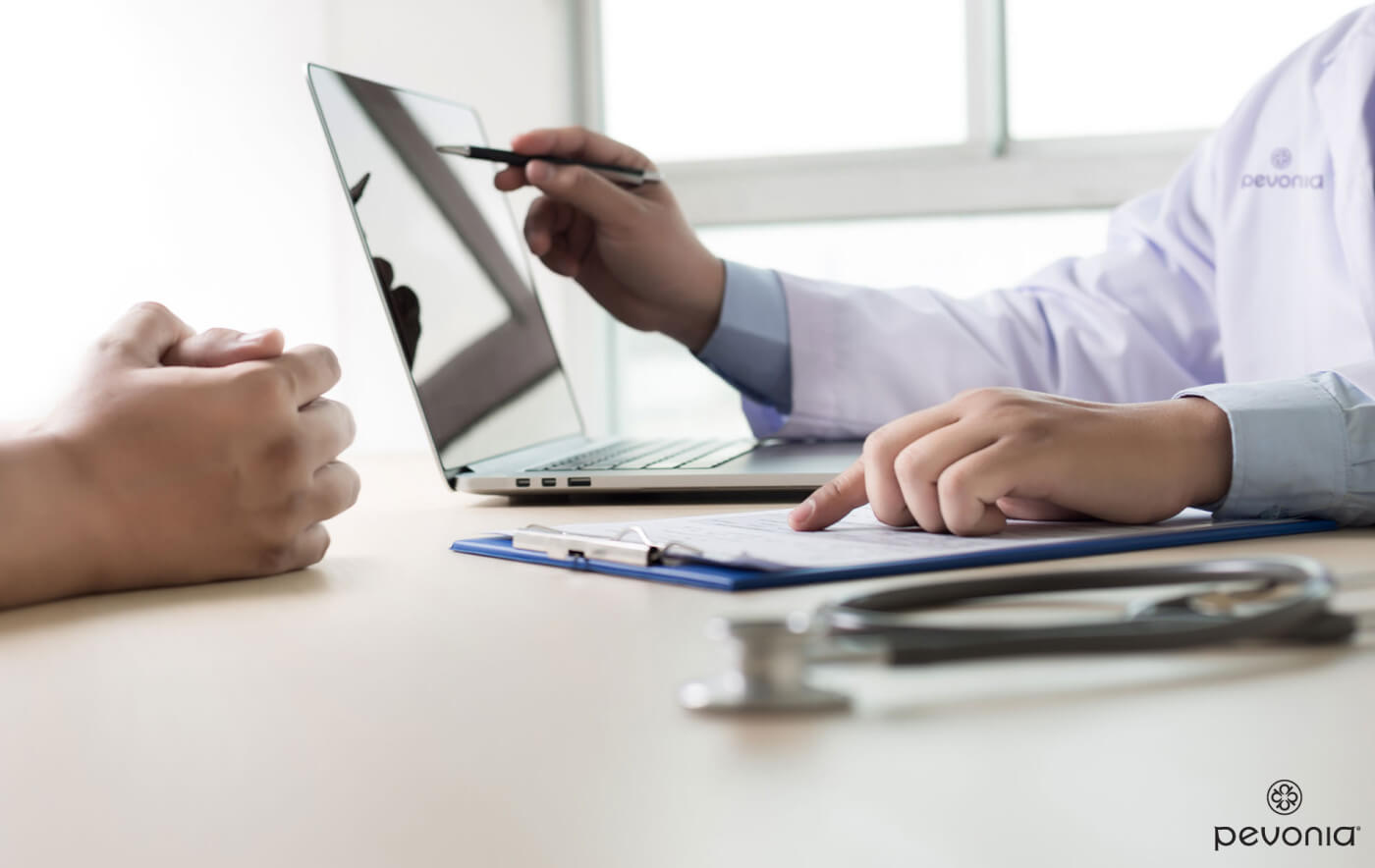
Ask the Doctor
Question #1: Does chocolate really help the skin?
A: It does. Chocolate contains important antioxidants called flavonoids that can help the skin when ingested and applied topically. These antioxidants neutralize and repair the damage caused by the action of excess free radicals that accelerate skin aging, among other adverse effects. Those free radicals can come from sun exposure, environmental toxins, diet, smoking, household chemicals, etc. They can overwhelm the skin’s immune defenses, causing alterations to its homeostasis and making it more prone to unwanted concerns. Chocolate contains beneficial vitamins A, B1, C, D, and E and minerals like iron, magnesium, calcium, copper, manganese, zinc, selenium, etc., that help support collagen and elastin in the skin. It also contains essential fatty acids and bioactive compounds like caffeine and theobromine. These compounds are known to stimulate cellular metabolism and increase blood flow, enriching the skin with nutrients and encouraging lipolysis or fat breakdown to aid in managing the appearance of cellulite.
Additional positive skin results that chocolate can provide include:
- Soothing blemishes, redness, and irritation
- Smoothing lines and wrinkles
- Reducing some UV damage,
- Revitalizing skin barrier health
- Making the skin feel tauter
- Eliciting a feeling of well-being and invigoration
Q: Are lash extensions bad for your eyes? How can I take better care of my eyes with lash extensions?
A: This question came at the perfect time as it is currently Eye Injury Prevention and Contact Lens Safety Month.
Let’s talk lashes: Lash extensions include silk, mink, or synthetic fibers that mimic natural lashes and various types of glues or adhesives that affix them to your natural lashes. They can enhance the appearance of natural lashes, and keeping your eyes healthy is possible with proper hygiene.
Lash risks: Unfortunately, there is no short answer to the question: “Are eyelash extensions safe?” As artificial lashes become more commonplace, dermatologists, optometrists, and ophthalmologists are seeing more and more patients with irritation, infections, and other complications. Lashes can be problematic on several fronts, from the materials used and improper care to mechanical issues affecting the health and functioning of the eyes. Lash adhesives may cause allergies, contact dermatitis, chronic inflammation along the eyelid, and lash breakage. Madarosis, which means eyelash loss, can also occur, leaving your eyes vulnerable to dirt and other particles in the air that lashes otherwise shield your eyes from. Cyanoacrylate, one of the main ingredients in semi-permanent glues used to hold lash extensions and false eyelashes from the drugstore in place, is the likely cause of glue allergies. It is partially derived from formaldehyde, which is known to trigger allergic reactions. Some formulas are stabilized with hydroquinone, which may cause dryness and redness to the skin around the eye and is fraught with controversy. Methylisothiazolinone, a preservative used in the gel pads to secure your eyes while getting lashes applied, is another common allergen or irritant to be aware of.
Some people may be allergic or sensitive to latex or synthetic fragrances in the glue, with some even being allergic to the fibers used. So, when asked, “Are lash extensions safe for sensitive eyes?” from a medical perspective, the answer is no. Unfortunately, claims that certain lash glues are hypoallergenic cannot be validated. Abrasions from lash fibers may also occur, and old lashes may abrade the cornea, causing eye trauma. They may also impair your blink reflex, causing more of a flutter rather than a complete blink. This can cause dysfunction of the Meibomian glands along the eyelids that lubricate lashes, leading to chronic dry eye. To prolong the life of extensions, lash wearers are advised to avoid getting them wet, so they may avoid cleansing their eyes thoroughly. This can lead to blepharitis, basically dermatitis of the eyelids, or a proliferation of naturally occurring demodex mites, which triggers inflammation. Rosacea sufferers with ocular (eye) involvement are particularly vulnerable. Although lash extensions are deemed better than drugstore “falsies” in the professional beauty space, lash strips may be better for lid hygiene as you can take them off at the end of the day versus 24/7 wear.
Be Lash Smart: With proper hygiene, most people can prevent infections and wear lash extensions without issue. But, if you have known allergies, extra-sensitive eyes, or rosacea consider skipping lash extensions. If you decide to proceed, make sure that you find a licensed esthetician who is certified, experienced, and has a good reputation and technique. Asking your practitioner to perform a 48-hour patch test with their adhesive to ensure you are not allergic or hypersensitive is a good practice. Care for your lashes with lash-safe products and habits. Regularly cleanse them with a natural eye makeup remover and brush your lashes after showering. Be sure to use a lightweight eye gel to care for the skin around your eyes. Schedule regular fills and take a break for a few months out of the year to allow your eyes and lashes to rest and recover.
